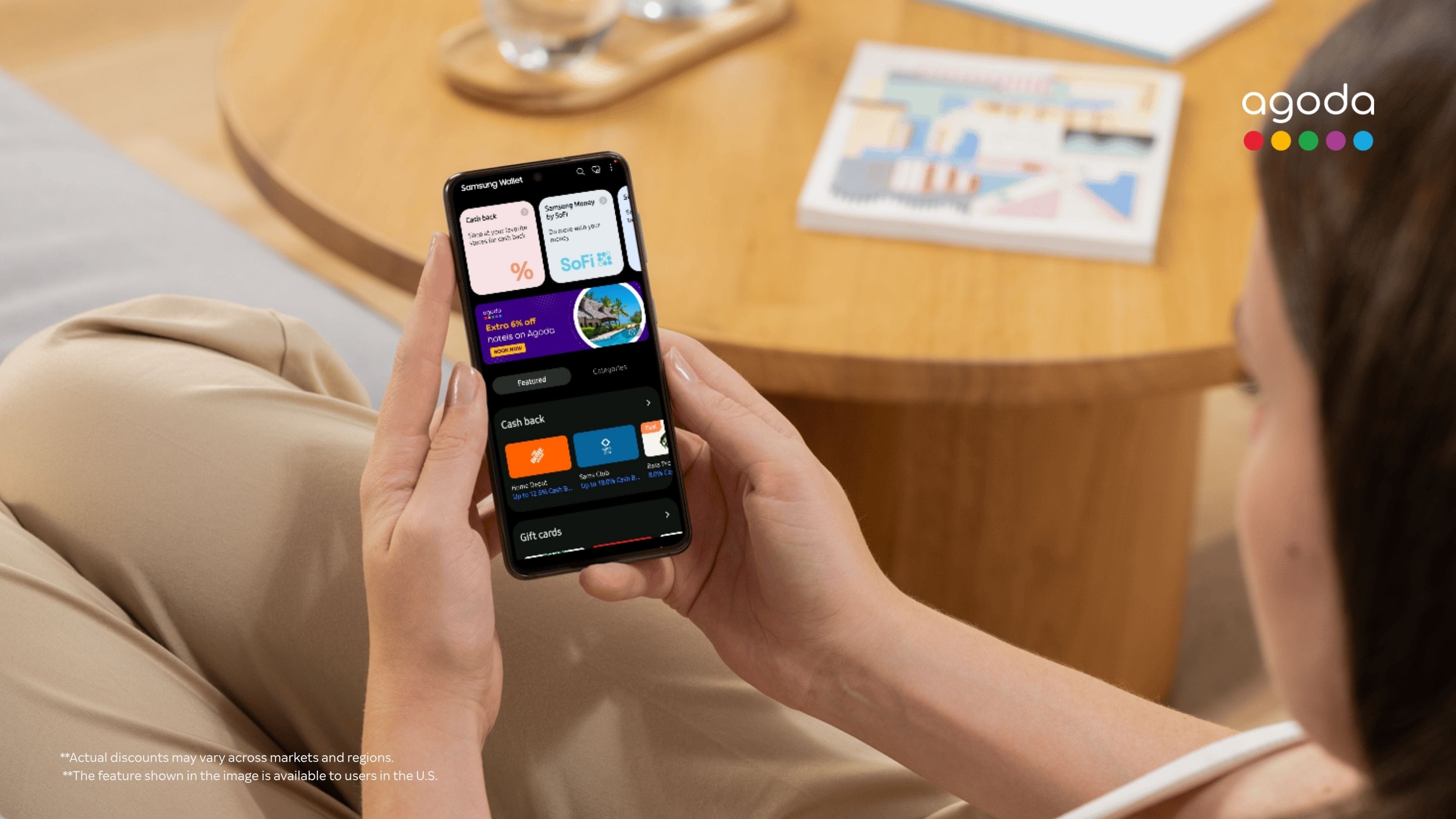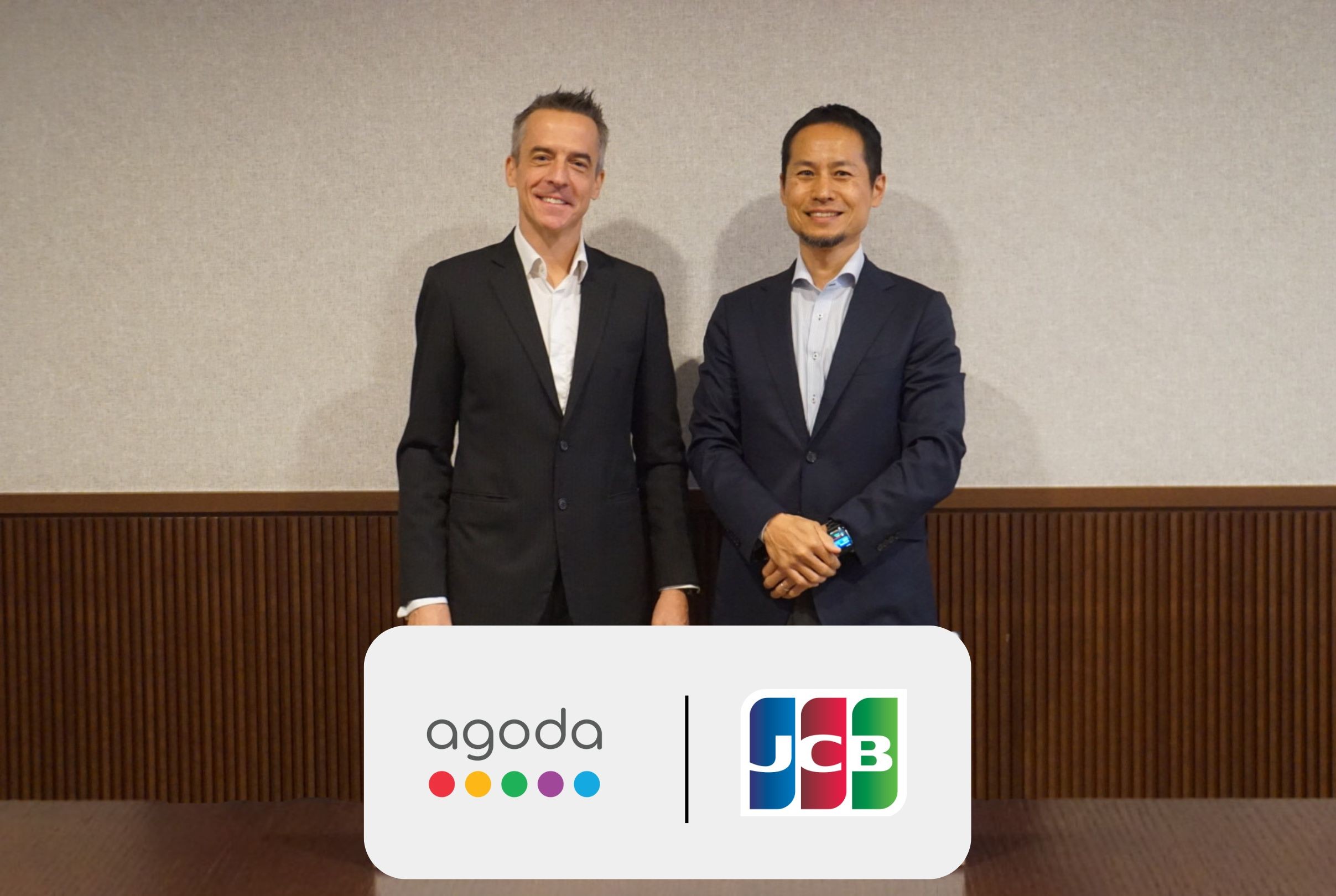It’s time to rethink GenAI.
Generative AI (GenAI) refers to a category of artificial intelligence models designed to generate new content. But oftentimes, leaders think too big, and ignore the tangible changes they can make to affect business outcomes right away.
In the context of travel loyalty platforms or travel brands, GenAI can be leveraged in several innovative ways to enhance customer experience, personalize services, and optimize operations. For example, customer servicing and support are a major focus for the brands we work with. Our partners need to deliver a streamlined, efficient experience to their customers, while also caring for them in a high-touch way.
One way we did so was incorporating AI into our interactive voice response (IVR) to reduce incoming calls and allow customers to self-service. IVR answers frequent questions from customers using AI; a quarter of our partners’ incoming calls are now handled by the IVR, delivering faster answers for a better experience and allowing agents to focus on more complex tasks that require a human touch.
There is still a lack of understanding about the capabilities and limitations of GenAI – especially when it comes to implementing it beyond customer service. When looking at GenAI, what should businesses consider?
Considerations when implementing GenAI
When using GenAI, we think about three overarching conditions:
- Comprehensive: Problems will arise if certain steps are not defined for a scenario. We look to see if the process covers all scenarios, and if it is defined or ambiguous.
- Coherent: Is the process clear and consistent? If a process is inconsistent, it will require human intervention or escalation, and may not be a match for AI.
- Consumable: Is the process documentation something GenAI can consume? It should be readable, with no inconsistent terminology/variable names and no multiple steps in one row.
To get started and experiment with these opportunities, look at it from a different angle: What are the small but impactful ways you can improve how you interact with customers, and build confidence? For Rocket Travel by Agoda, we started by looking at our customer service.

Scaling globally by using GenAI in customer service
If your customers are global, you need to be prepared to engage with them in their preferred language. According to an Intercom study, 70 percent of customers are more likely to be loyal to businesses that offer customer support in their native language, and 68 percent of customers say they would switch to another brand if it offered customer support in their language.
GenAI is particularly helpful in communicating with travelers in text-based formats. 50% of text-based inquiries from Agoda.com are non-English. We use GenAI to power in-house real-time translation for text communications, allowing us to serve 200 different languages 24/7. By testing these on our APAC customer base through Agoda.com, we can find the best-use cases that will benefit our partnerships and help us innovate faster.
Engaging with customers over text allows for great customer service as well. With voice, customers have to wait on hold for an agent, or need to call again for follow up, where they will need to provide context all over again to help an agent understand their issue. Voice is also hard to scale for multiple languages; real-time translation over the phone is complex.
Messaging platforms like WhatsApp enable more timely customer notification and faster case resolution, offering the following benefits:
- Customers are not required to stand by
- Messaging is available 24/7, and includes history
- Better intent detection
- Can leverage real-time translation, expanding ability to offer service in the customer’s preferred language
Communicating with customers through existing tech can provide further benefits:
- Customers may already prefer a third-party communication app, and brands can avoid a negative customer experience by forcing customers to communicate in an unfamiliar native app
- Notifications in a third-party app are always on by default, enabling higher customer engagement
- Asynchronous concept is more naturally understood by customers in third party app than a native app
Our customer service team launched our WhatsApp pilot in February, with additional plans to integrate Kakao Talk and roll out all languages to all platforms by end of year.

Exploring future uses of GenAI
Looking ahead, we hope to test how we can use GenAI to resolve more complex cases.
Ultimately, we see it as our responsibility to be thought partners and experts for our partners to create positive change and drive innovation. As part of Skift’s Global Forum, I will be speaking on how businesses can leverage GenAI to better scale operations, better experience for existing customers, and capture prospective customers as well. My presentation, “The Immediate Impact of AI on Customer Loyalty” will be at 10 a.m. on September 19. For additional information on the conference and my presentation, visit Skift’s site.

When using GenAI, we think about three overarching conditions:
- Comprehensive: Problems will arise if certain steps are not defined for a scenario. We look to see if the process covers all scenarios, and if it is defined or ambiguous.
- Coherent: Is the process clear and consistent? If a process is inconsistent, it will require human intervention or escalation, and may not be a match for AI.
- Consumable: Is the process documentation something GenAI can consume? It should be readable, with no inconsistent terminology/variable names and no multiple steps in one row.
To get started and experiment with these opportunities, look at it from a different angle: What are the small but impactful ways you can improve how you interact with customers, and build confidence? For Rocket Travel by Agoda, we started by looking at our customer service.







.png)

.png)

